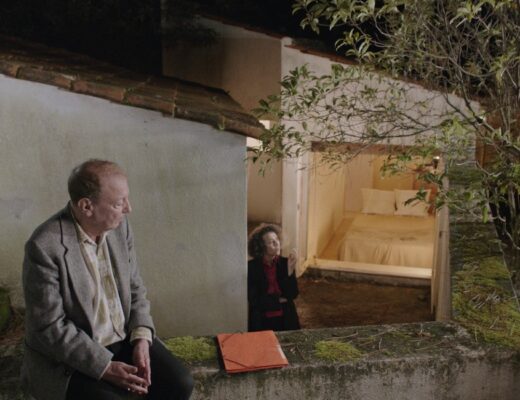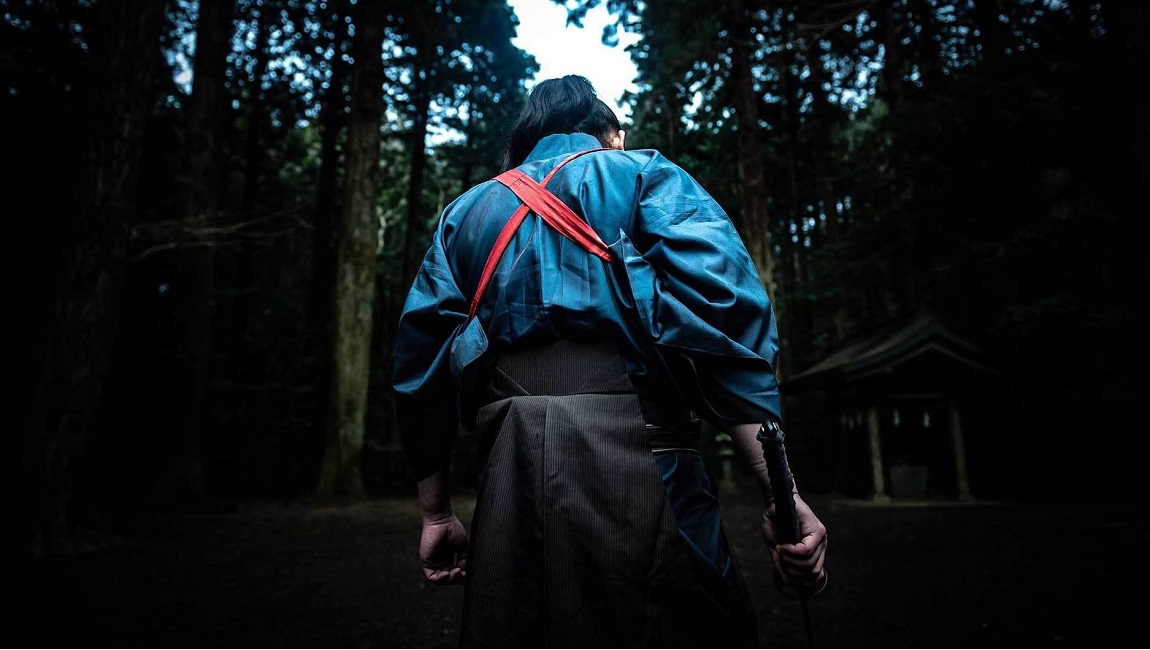“Life is others” writes the central character of The Long Excuse, Sachio (Masahiro Motoki), near the end of the film. And How Sachio goes from being an exceedingly selfish bastard to arriving at this realization forms the engrossing and beautifully executed journey of the film, perhaps the strongest to date from one of Japan’s finest directors, Miwa Nishikawa. Based on Nishikawa’s own novel, Excuse was inspired by the 3/11 natural disasters, although this isn’t made explicit (there’s only an oblique suggestion, represented by the small earthquake that occurs at one point). Instead, Nishikawa explores the broader subject of grieving over lost loved ones, and the film contrasts the opposite reactions of two men who lose their wives in a bus accident. Sachio learns of his wife’s death while in bed with another woman, and acts relatively unmoved, while Yoichi (Pistol Takehara), who’s suddenly rendered a single dad, is unconsolable.
The men are brought together by their wives’ friendship, and Sachio, through his ever deeper involvement in Yoichi’s life—including becoming a kind of surrogate dad to his kids—uncovers facets of his late wife’s existence he ignored through his self-centeredness. Though the film’s middle section flirts with sentimentality, Nishikawa offers nothing as anodyne as a simple tale of redemption, especially as she ambiguously raises the possibility that all of these events are meant as fodder for Sachio’s latest novel. That level of richly novelistic detail and psychological acuity vividly illustrates Sachio’s key observation: the ones who truly suffer from death are not the dead, but those they leave behind.
Previously published as part of New York Asian Film Festival | Dispatch 1.







